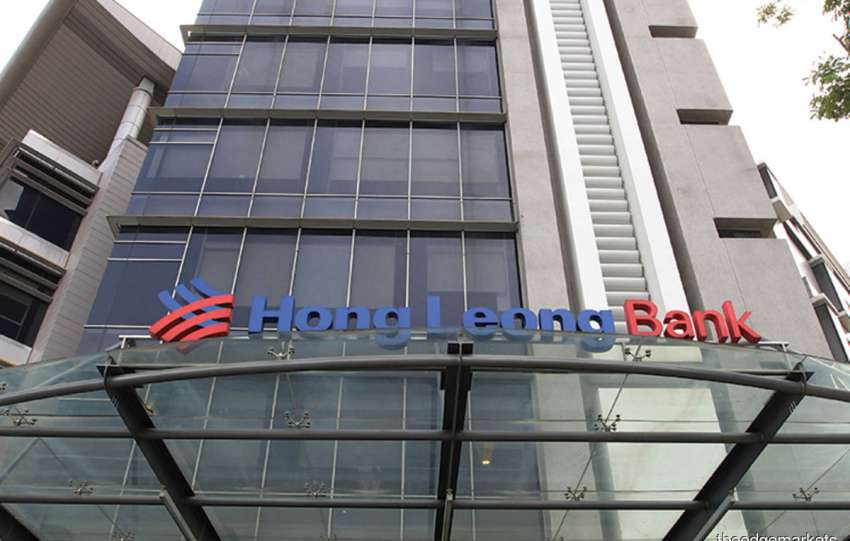20 May – In a groundbreaking move, Singapore is set to become a regional leader in corporate climate transparency by implementing mandatory climate-related disclosures for all listed companies starting in the financial year 2025. This initiative aligns with the International Financial Reporting Standards (IFRS) and the International Sustainability Standards Board (ISSB) guidelines, marking a significant step toward comprehensive Environmental, Social, and Governance (ESG) reporting.
A Phased Approach to Climate Disclosure
The new regulations, announced by the Singapore Exchange Regulation (SGX RegCo) and the Accounting and Corporate Regulatory Authority (ACRA), will require listed companies to disclose their Scope 1 and Scope 2 greenhouse gas (GHG) emissions. Scope 1 emissions refer to direct emissions from owned or controlled sources, while Scope 2 covers indirect emissions from the generation of purchased electricity consumed by the company. By 2026, larger listed companies will also need to report Scope 3 emissions, which encompass all other indirect emissions that occur in a company’s value chain. Additionally, external limited assurance on Scope 1 and Scope 2 emissions will be mandated from 2027, enhancing the credibility of reported data.
For large non-listed companies, defined as those with annual revenue of at least $1 billion and total assets of at least $500 million, the mandatory climate reporting will commence in 2027. These companies will be required to report on their Scope 1 and Scope 2 emissions, with Scope 3 disclosures expected by 2029. External limited assurance for these companies will be required starting in 2029.
Implications for Businesses
This phased approach aims to improve transparency, accountability, and sustainability practices among businesses, positioning Singapore as a leader in ESG reporting in Southeast Asia. Companies will need to invest in data collection and reporting systems to comply with these new requirements. The regulations also emphasize the importance of integrating climate-related risks into corporate governance and strategy, ensuring that businesses are better prepared to manage the impacts of climate change.
Regional Influence
Singapore’s proactive stance on climate reporting is expected to influence neighboring countries in Southeast Asia. The city-state’s robust regulatory framework and its position as a financial hub make it a model for other nations considering similar measures. This “Merlion Effect,” named after Singapore’s iconic symbol, could lead to a regional movement toward stricter climate disclosure standards, enhancing the overall sustainability of the Southeast Asian market.
As Singapore leads the way in mandatory climate reporting, businesses in the region are encouraged to prepare for these changes by adopting transparent and comprehensive ESG practices. Embracing these standards not only ensures compliance but also demonstrates a commitment to sustainability that can attract investors and stakeholders who prioritize environmental responsibility.
Sources:
- Singapore to Introduce Mandatory Climate Reporting Beginning 2025, ESG Today, 2025.
- SGX’s New Climate Reporting Guidelines, Zevero Earth, 2025.



